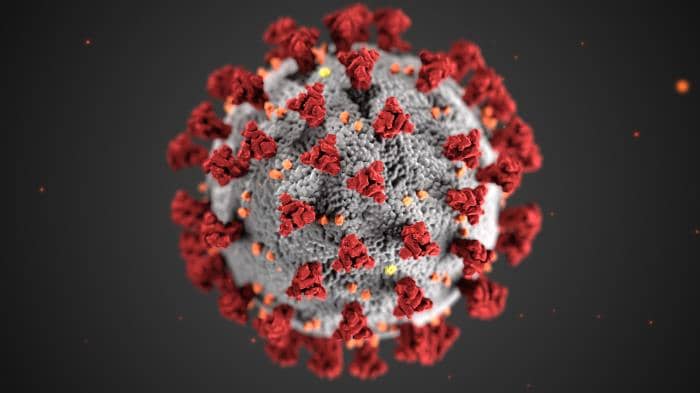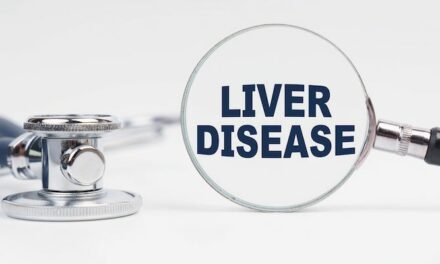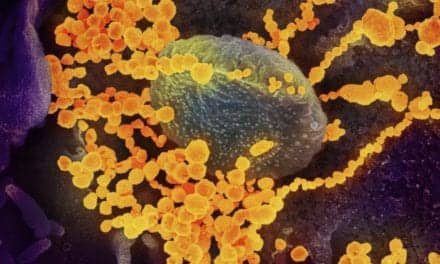A joint research team comprising Professor Jeong Wook Lee and PhD candidate Chang Ha Woo and Professor Gyoo Yeol Jung and Sungho Jang, PhD, of the Department of Chemical Engineering at Pohang University of Science & Technology (POSTECH) in Korea have together developed a SENSR (SENsitive Splint-based one-pot isothermal RNA detection) technology that allows anyone to easily and quickly diagnose covid-19 based on the RNA sequence of the virus.
This technology can diagnose infections in just 30 minutes, reducing the stress on one single testing location and avoiding contact with infected patients as much as possible. The biggest benefit is that a diagnostic kit can be developed within a week even if a new infectious disease appears other than covid-19.
The PCR molecular test currently used for covid-19 diagnosis has very high accuracy but entails a complex preparation process to extract or refine the virus. It is not suitable for use in small farming or fishing villages, or airport or drive-thru screening clinics, as it requires expensive equipment as well as skilled experts.
RNA is a nucleic acid that mediates genetic information or is involved in controlling the expression of genes. The POSTECH researchers designed the test kit to produce nucleic acid binding reaction to show fluorescence only when covid-19 RNA is present. Therefore, the virus can be detected immediately without any preparation process with high sensitivity in a short time. And it is as accurate as the current PCR diagnostic method.
Using this technology, the research team found the SARS-CoV-2 virus RNA, the cause of covid-19, from an actual patient sample in about 30 minutes. In addition, five pathogenic viruses and bacterial RNAs were detected which proved the kit’s usability in detecting pathogens other than covid-19.
Another great advantage of the SENSR technology is the ease of creating the diagnostic device that can be developed into a simple portable and easy-to-use form.
If this method is introduced, it not only allows onsite diagnosis before going to the screening clinic or being hospitalized, but also allows for a more proactive response to covid-19 by supplementing the current centralized diagnostic system.
“This method is a fast and simple diagnostic technology which can accurately analyze the RNA without having to treat a patient’s sample,” says Professor Jeong Wook Lee. “We can better prepare for future epidemics as we can design and produce a diagnostic kit for new infectious diseases within a week.”
Professor Gyoo Yeol Jung adds, “The fact that pathogenic RNAs can be detected with high accuracy and sensitivity, and that it can be diagnosed on the spot, is drawing attention from academia as well as industry circles. We hope to contribute to our response to covid-19 by enhancing the current testing system.”
The study, which was published in Nature Biomedical Engineering, was conducted with support from the National Research Foundation’s C1 Gas Refinery Program and New Research Program, and by the Industry Specialist Training Program from the Korea Institute of Energy Technology Evaluation and Planning.1
Reference
- Woo CH, Jang S, Shin G, Jung GY, Lee JW. Sensitive fluorescence detection of SARS-CoV-2 RNA in clinical samples via one-pot isothermal ligation and transcription [published online ahead of print, 2020 Sep 18]. Nat Biomed Eng. 2020;1-12. doi:10.1038/s41551-020-00617-5





